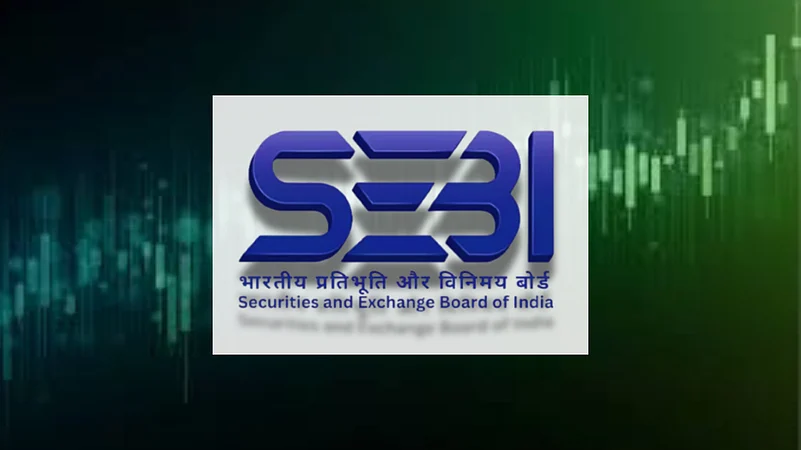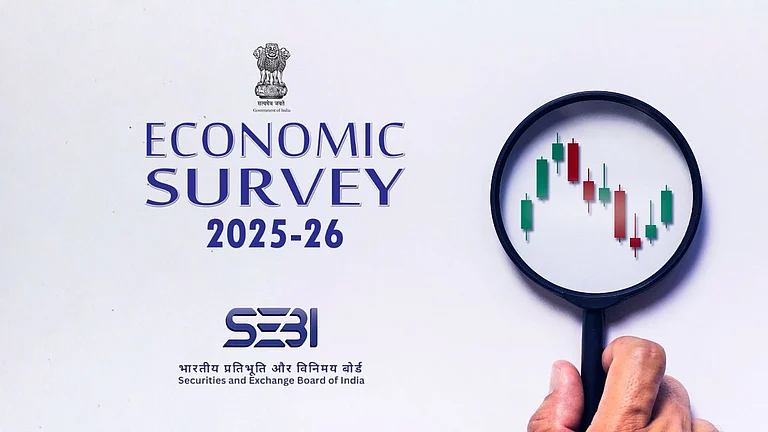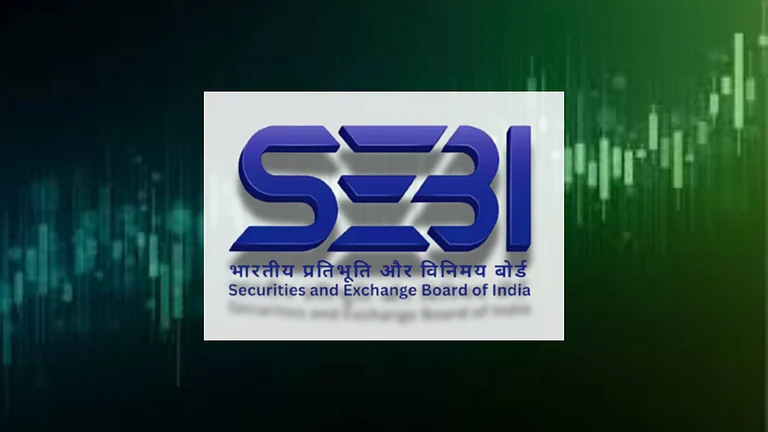
Summary of this article
Simplified documentation limit proposed to increase from Rs 5 lakh to Rs 10 lakh to reflect today’s market realities
Sebi suggests a common affidavit-cum-indemnity form and stamp duty based on investor state to streamline processes
Listed companies may be made responsible for issuing loss-of-securities advertisements, formalising existing practices
In a bid to ease investor compliance and eliminate inconsistencies in documentation, Sebi has proposed doubling the monetary threshold for simplified documentation required to issue duplicate securities to Rs 10 lakh from the current Rs 5 lakh.
"Due to non-standardization of documents and different approaches followed by RTAs/listed companies, investors feel the pain of going for varied documentation for various listed companies," Sebi noted.
The regulator also noted that the existing Rs 5 lakh threshold for availing simplified documentation, where investors are exempted from filing copies of FIRs, police complaints, court orders or newspaper advertisements, was set several years ago. Since then, India’s securities market has grown significantly in terms of market capitalisation, investor participation, and average portfolio sizes.
Given this expansion, Sebi noted that the value of individual security holdings has risen materially. As a result, retaining the earlier limit no longer aligns with current market realities and ends up creating avoidable procedural hurdles for investors.
"In view of the above and to provide ease of investment and procedural convenience to investors, it is proposed to increase the limits for simplified documentation for issuance of duplicate securities from Rs 5 lakh to Rs 10 lakh," Sebi said in its consultation paper.
To further streamline the process, the regulator has proposed introducing a common affidavit-cum-indemnity form, which would also reduce the cost of obtaining duplicate securities.
Additionally, it has been proposed that stamp duty be applied based on the investor’s state of residence, in line with the practice followed by the Investor Education and Protection Fund Authority.
Sebi also highlighted that, in practice, most listed companies already issue newspaper advertisements on behalf of investors reporting loss of securities. To formalise this market practice, the regulator has proposed clarifying that listed companies should be responsible for issuing these advertisements.
"The suggested measures aim at ease of investments for investors and help restitute investor rights in securities that may have been held in physical form. As duplicate securities issued would be necessarily in dematerialised mode, this will result in increased dematerialisation," Sebi said.
At present, for issuing duplicate securities, investors are required to submit multiple documents, including copies of FIRs or police complaints detailing the security and certificate numbers, advertisements in widely circulated newspapers, and separate affidavits and indemnity bonds executed on non-judicial stamp paper.
Market experts believe that the proposal will directly address a long-standing challenge faced by small retail shareholders.
Feroze Azeez, Joint CEO, Anand Rathi Wealth, said the move will help in building a more investor-friendly equity ecosystem and encourage smoother retail participation at a time when engagement is already rising sharply.
Demat accounts have crossed 19.24 crore in FY25, with 4.11 crore new accounts opened during the year, which indicates strong grassroots interest in capital.
Ranjit Jha, MD & CEO, Rurash Financials, said that a surprising amount of India's generational wealth is still trapped in paper formats, and the arduous process of obtaining duplicate certificates often acts as a deterrent to bringing those assets into the modern financial system.
The proposal to double the simplified limit is a significant step toward unlocking this 'trapped capital', he added.
The Securities and Exchange Board of India (Sebi) has sought public comments till December 16 on the proposals.













